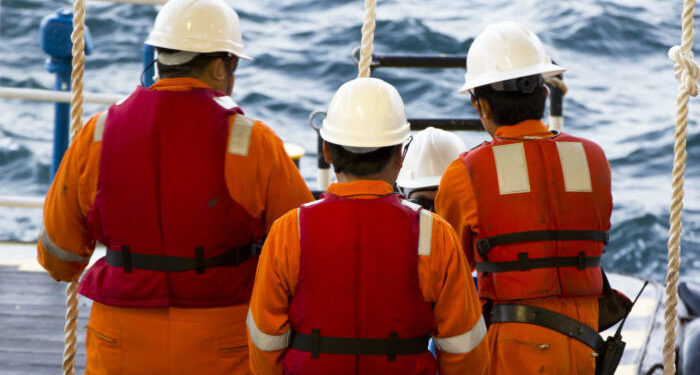On September 23, 2024, President Ferdinand Marcos Jr. officially enacted the Magna Carta of Filipino Seafarers, also known as Republic Act 12021, during a ceremony at Malacañang. This law, a priority for his administration, was deemed urgent by Marcos in September of the previous year.
The Magna Carta aims to safeguard the rights and welfare of Filipino seafarers, guaranteeing their right to fair working conditions, self-organization, collective bargaining, access to affordable education and training, and information. It also ensures that seafarers’ families or next of kin receive necessary information and protects against discrimination.
Furthermore, the law emphasizes the government’s dedication to rectify ongoing issues in domestic regulations concerning the training and accreditation of the country’s seafarers, which are critical for maintaining their employment prospects in the European market and globally.
According to the United Nations Conference on Trade and Development, the Philippines was identified as one of the leading sources of seafarers worldwide in 2021.
From 2016 to 2021, the Maritime Industry Authority (Marina) reported that an average of 400,000 Filipino seafarers were deployed abroad each year.
The European Maritime Safety Agency (EMSA) previously highlighted concerns about the Philippines not meeting international maritime safety standards and marine education requirements, specifically regarding the International Convention on Standards of Training, Certification, and Watchkeeping (STCW). This misalignment jeopardizes the jobs of thousands of seafarers.
The European Union identified several deficiencies in the country’s maritime and seafaring sector, including issues with the monitoring, supervision, and evaluation of manning training and assessments; the examination and assessment of competency; the design and approval of programs and courses; the availability and utilization of training facilities and simulators; onboard training and revalidation of certifications; and the recognition of certification endorsements.
Escudero stated that the law grants seafarers several rights, including safe passage and travel, the right to consultation, free legal representation, immediate medical attention, access to communication, a record of employment or certificate of employment, and fair treatment in case of a maritime accident.
Additionally, the law outlines the responsibilities of seafarers, which include adhering to the terms of their employment contracts and diligently performing their duties related to the ship.
The legislation aims to protect seafarers from exploitation by stipulating that only licensed manning agencies can recruit and place seafarers, in accordance with existing laws and regulations.
To remind, in 2023, in line with these efforts to enhance the welfare of seafarers, the Philippines’ House of Representatives voted in favor of a bill aimed at safeguarding the rights and interests of Filipino seafarers, ensuring that they receive “full protection” in their maritime endeavors.
































































